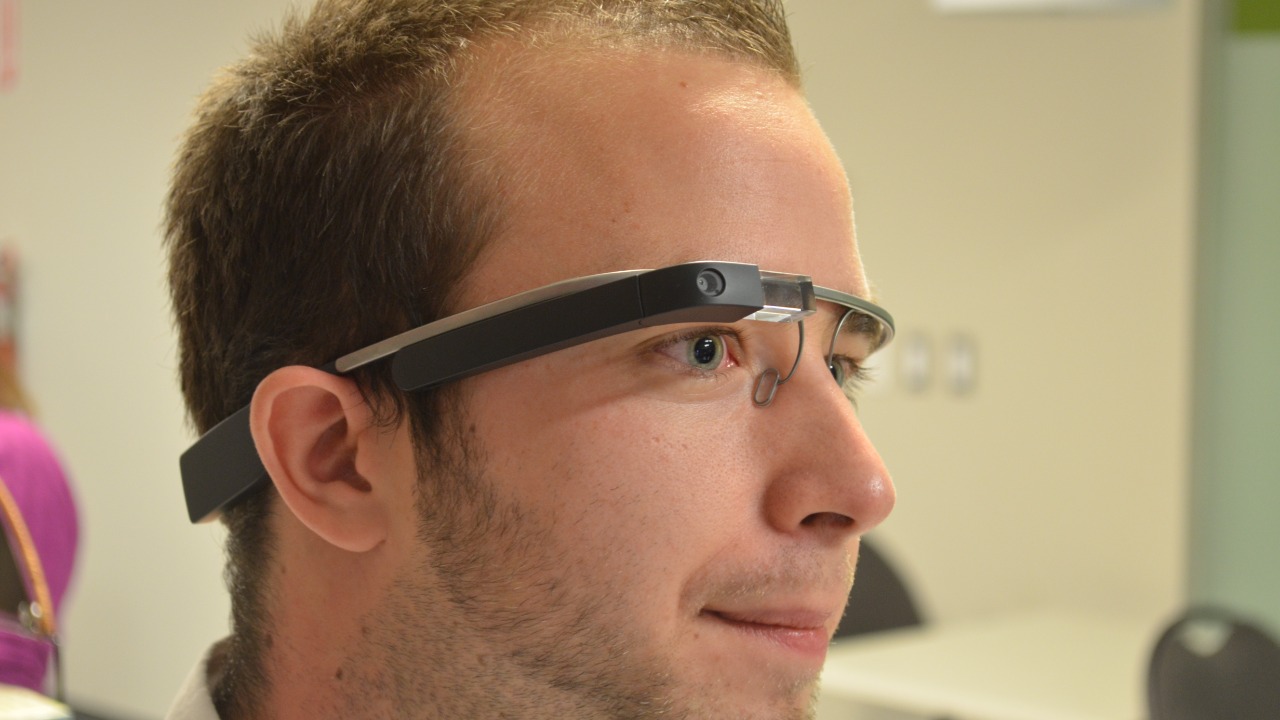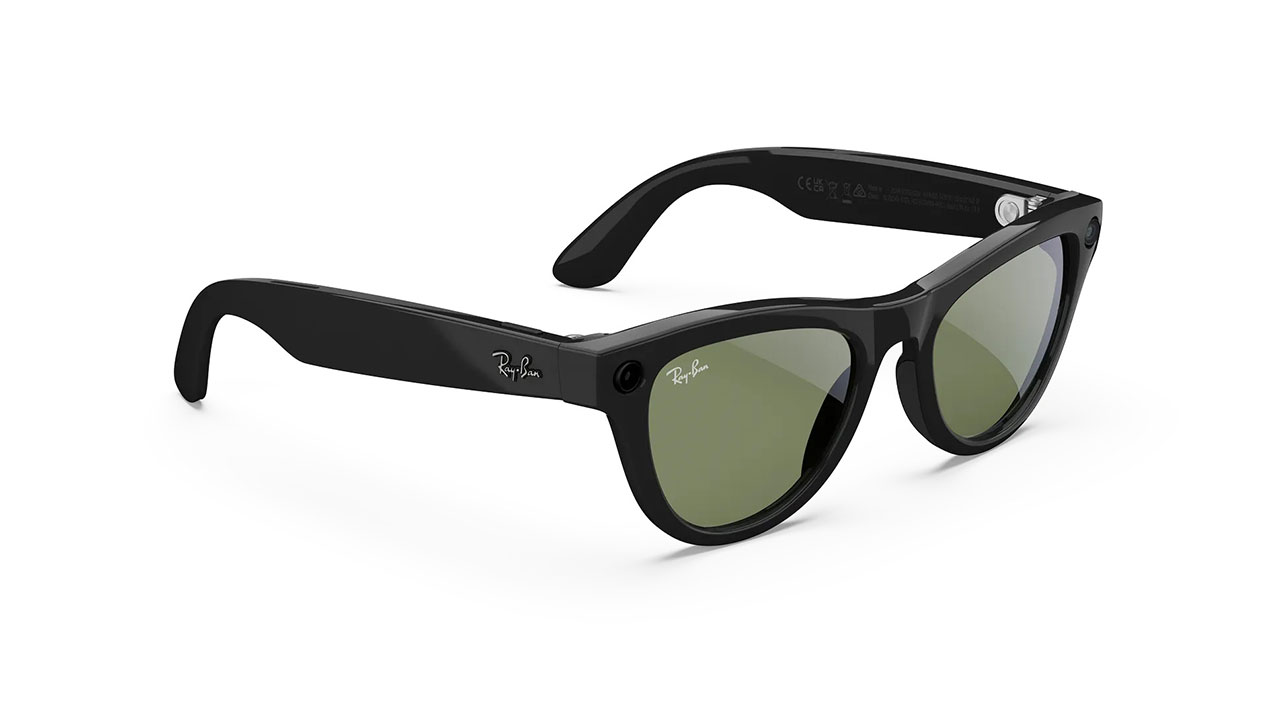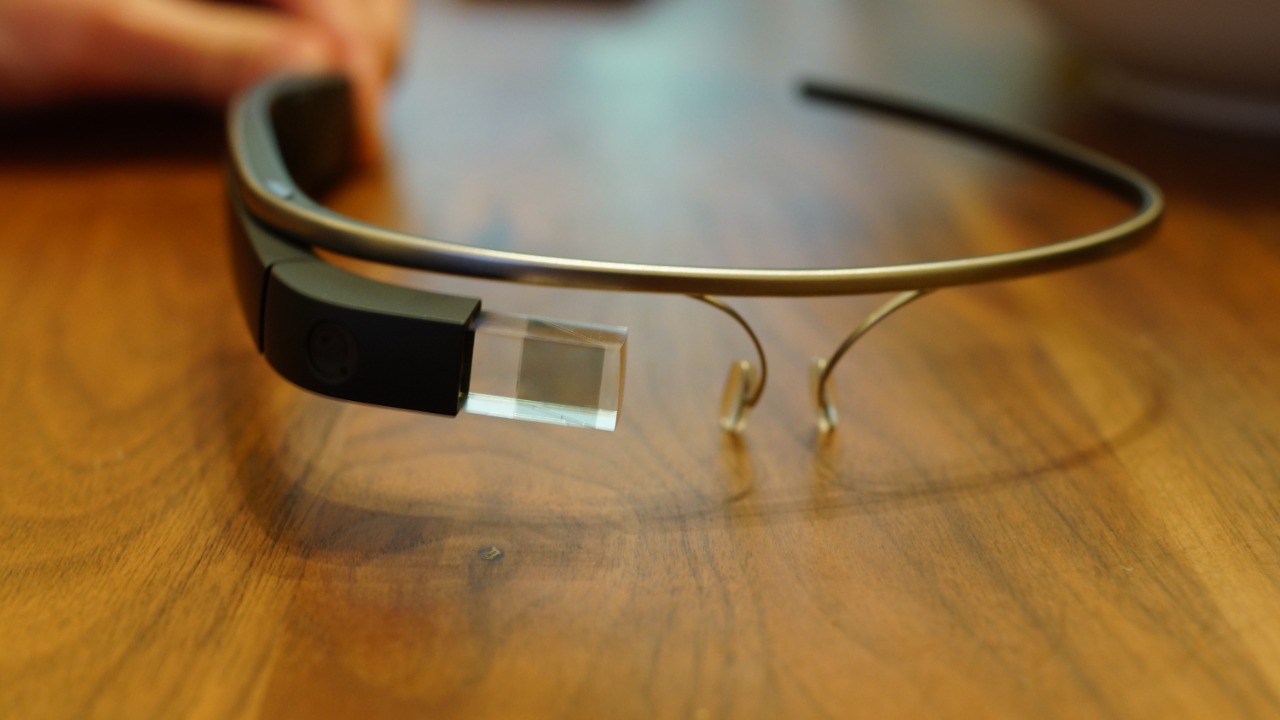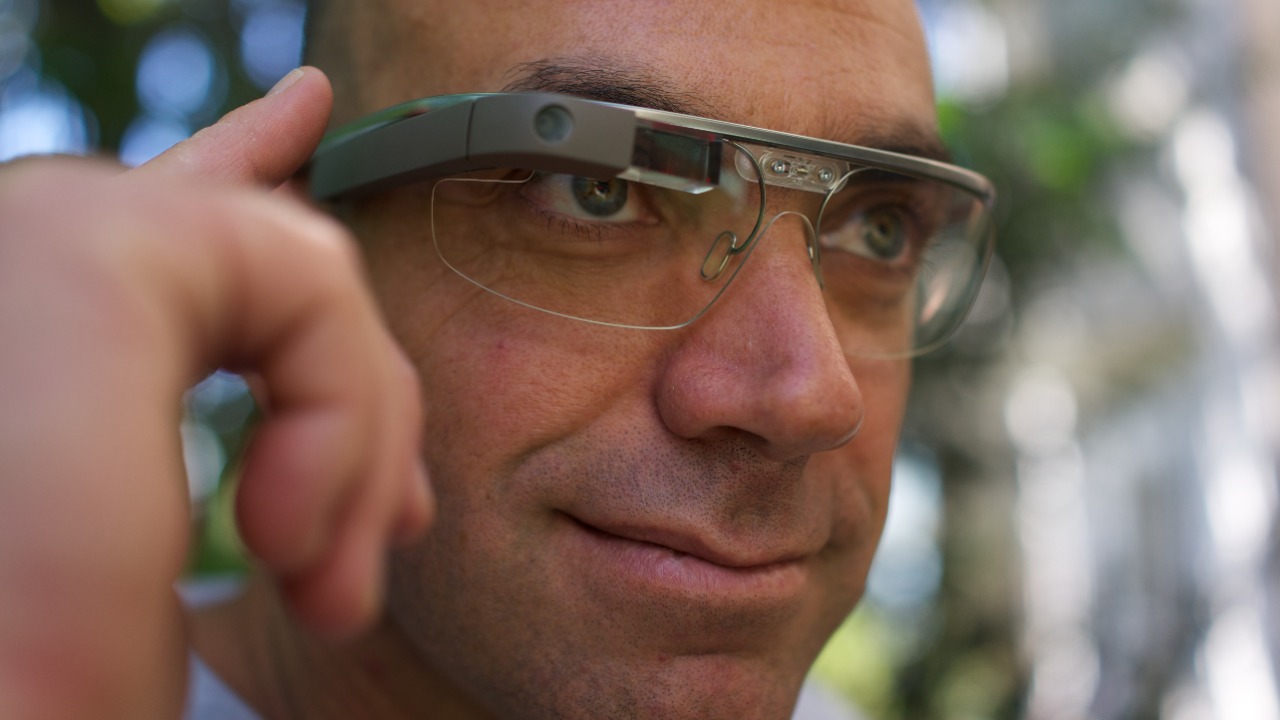
Meta Platforms, formerly known as Facebook, is currently leading the smart glasses technology race, leaving tech giants Apple and Google behind. The reasons behind Meta’s advancement and the challenges facing Apple and Google are varied and complex.
1. The Emergence of Meta’s Smart Glasses

The journey of Meta in developing smart glasses has been a fascinating one. The company has consistently shown its commitment to revolutionizing the way we interact with the digital world. The key features of Meta’s smart glasses are its advanced AI and AR capabilities, which offer an immersive and interactive experience to users.
Meta’s smart glasses, with their high-tech features and innovative design, have the potential to have a significant impact on the market and consumers. As these glasses become more common, they could change the way people perceive and interact with technology. The potential for smart glasses to change our daily lives is immense.
2. Apple’s Challenges and Delays

Apple’s progress in the smart glasses race has been hindered by several factors. One major setback has been the AI delays affecting the development of their product. According to Business Standard, these delays have significantly impacted Apple’s speed of technological advancement.
Furthermore, Apple’s App Store has been under scrutiny, which has also affected the company’s overall technological advancements. The development of Apple’s smart glasses has been slower than Meta’s, leading to a lag in their product launch.
3. Google’s Struggles in the Smart Glasses Race

Google’s journey in the smart glasses race has been fraught with challenges. Their first attempt with Google Glass was not successful, as they faced public backlash due to privacy concerns and a lack of practical use cases. Google has since learned valuable lessons from its past failures and has made strides in improving its smart glasses technology.
The current status of Google’s smart glasses initiative is still a work in progress. Despite the initial setback, Google is not out of the race and is actively working on improving its smart glasses.
4. Consumer Response and Market Dynamics

The public perception and expectation towards smart glasses are mixed. While some consumers are excited about the potential of smart glasses, others are wary about privacy and security issues. The market potential for smart glasses is enormous, with predictions suggesting that the industry could be worth billions in the coming years.
The competitive dynamics among Meta, Apple, and Google in the smart glasses race are also worth noting. While Meta is currently leading, the race is far from over. Apple and Google have the resources and technological know-how to catch up and potentially overtake Meta.
5. Future Prospects for Smart Glasses

The role of AI and other technological advancements in future smart glasses cannot be overstated. These technologies will be integral in making smart glasses more interactive and user-friendly. However, the potential influence of regulatory and privacy issues on the smart glasses industry is a looming concern. As the technology advances, so do the concerns about privacy and data security.
Looking ahead, it’s hard to predict exactly how Meta, Apple, and Google will fare in the long-term competition. However, one thing is certain: the smart glasses industry is set to revolutionize the way we interact with the digital world, and these three tech giants will be at the forefront of this revolution.